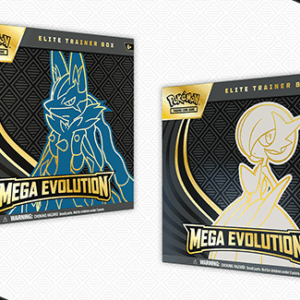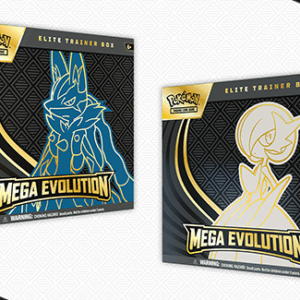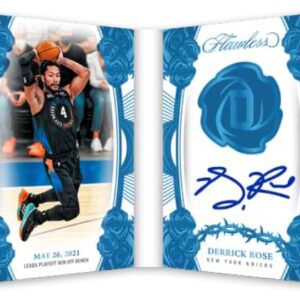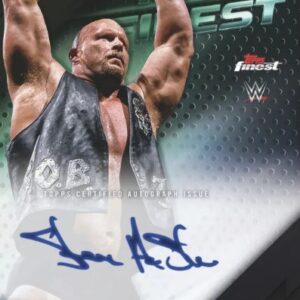In Indiana, amidst the cornfields and calm roads, a storm has erupted that has sent shockwaves through the sports memorabilia world. The swirling center of this tempest is Brett Lemieux, a name hitherto whispered with admiration, now spoken with scandal. At age 45, Lemieux found himself indistinguishable from the items he allegedly peddled: a tragic figure of falsity at the heart of a counterfeit operation with potentially colossal aftereffects on the market.
As Westfield’s steadfast law enforcement converged on his location bearing a search warrant amidst unfolding allegations, the unfolding day took a grim turn. Lemieux tragically seemed to have chosen his exit from this story via a self-inflicted gunshot wound, leaving behind a basket of questions as to how deep—and wide—this scandal truly runs.
At the heart of the matter is a confession purported to be penned by Lemieux himself. This note, shared with the fervent, if not occasionally feverish, autographic aficionados of the “Autographs 101” Facebook group, was tantamount to a colossal bomb detonating in a crowded room. The declared admission of an alleged operation that flooded the market with over four million fake sports items and raked in a breathtaking $350 million in sales has not only raised eyebrows but also left jaws on the floor. Collectors worldwide are now peering skeptically at their cherished keepsakes, pondering their authenticity.
Operating under the guise of Mister Mancave—a name suggesting cozy, nostalgic reveries of sportsmanship and glory—Lemieux’s enterprise claimed the largest internet offering of framed sports jerseys. Mysteriously, with a Columbus, Ohio, address as its supposed anchor, the business had no brick-and-mortar presence. Incorporated twice swiftly between 2018 and 2023 in Indiana, his operation was ghostly yet impactful.
According to his self-proclaimed confession, Lemieux’s specialist subject wasn’t just autographing but more alarmingly the forgery of authentication holograms. These tiny shiny bits of reflective glory, often marking genuine articles, morphed into mirages under Lemieux’s meticulous schemes. His operation spanned galaxies of the memorabilia universe, including a deluge of bogus Kobe Bryant items posthumously released into the market, riding the grim tides of the NBA star’s untimely passing.
The rot wasn’t confined to the world of basketball alone. Enthusiasts perusing Lemieux’s website could snag an Aaron Judge-signed baseball supposedly authenticated by Fanatics for $399, a stark markdown from Fanatics’ $699 sticker. Yet it wasn’t just clever pricing but instead these slick authentication facsimiles that enabled contraband items to slip past the scrutinizing eyes of experts, at least until now.
In the wake of this scandal, industry titans are patching up reputations and recalibrating trust. Fanatics, a behemoth in the realm of authentication, has initiated enhanced hologram technology and strengthened alliances with law enforcement and perhaps a few retired G-men from the FBI to gird their operation against such counterfeit calamities.
But amidst the weaving of rectificatory measures, some skepticism simmers. The supposed $350 million in illicit sales, some argue, stretches the bounds of possibility. Yet even the doubters, like autograph authentication guru Steve Grad, concede the sophistication of these counterfeits marks a new era, demanding heightened diligence and perhaps nerves of steel from collectors and dealers alike.
Industry whispers suggested warning signs trailing Lemieux like a shadow. One keepsake merchant noted suspicious stock—autographs from athletes whose pens had long since left the signing trail. Others roped into Lemieux’s alleged syndicate such as Dominique Ball and Nickolas Litscher have fervently distanced themselves, with Litscher readying to unleash the legal hounds to clear his name.
In the aftermath of Lemieux’s fall, investigators assert that through a labyrinthine array of aliases and platforms—titles like Ultimate Sports and Signature Dog—the deception traipsed across the market’s terrain.
As the dust settles over this sprawling scandal, collectors are left grappling with a Pandora’s box of concerns regarding their troves of treasures. The scenario serves as a stark reminder and a cautionary tale of the need for eternal vigilance. The pastime of collecting—the romantic chase for signed relics of athletic triumph—has been forced into a new realm of scrutiny. The playbook for fraud prevention in the sports collectibles market is now outlined in bold, requiring continual updates against the ever-advancing counterfeiters of tomorrow.






